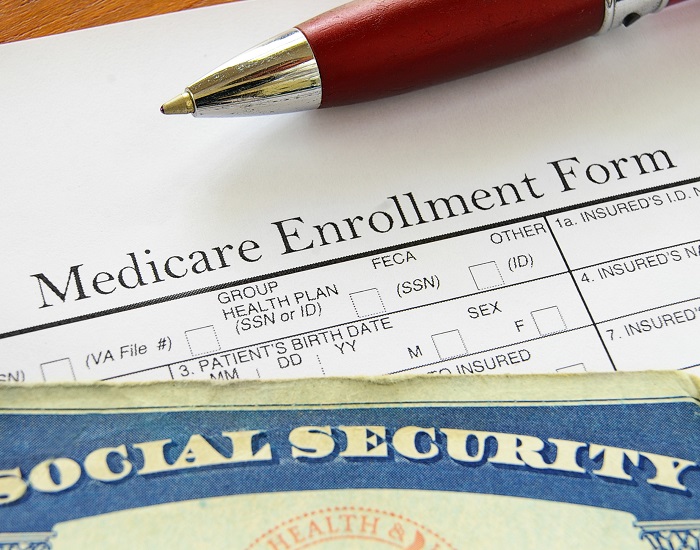Two days ago, the Harris-Waltz campaign released the basic outline of a proposal to expand Medicare benefits to cover home health care for 67 million elderly and disabled people. The announcement received widespread media coverage with mostly positive reviews, without much analysis, although the campaign provided only sketchy details and did not provide a budget score. This proposal is bad policy because it is costly for the federal government amid large budget deficits and is unfair because it distributes resources freely to people who can already afford care. Demand for home care will increase significantly while supply is constrained, resulting in increased costs for many types of personal care. Moreover, expanding supply will likely require increased immigration. That would reduce the need for family formation while weakening incentives to save and take out insurance. The proposal would create a massive federal bureaucracy, partially funded by caps on drug prices paid to manufacturers, that could impede lifesaving medical discoveries.
Currently, home health assistance with activities of daily living, such as dressing, eating, toileting, and bathing, is provided by Medicare in limited circumstances and more broadly by Medicaid for widely eligible retired elderly and disabled people. provided to individuals and their families. It is also funded by veterans benefits, retirement assets, home equity, income, private insurance, and philanthropy. The nation spends more than $130 billion on home care ($190 billion on nursing home care). Applying this benefit without limit to a universal health care program like Medicare would directly increase Medicare spending by 14 percent, even without assuming any changes in consumer or provider behavior would be induced. I will do it. However, research shows that including home care benefits (as opposed to nursing homes) in insurance coverage significantly increases demand for them. The cost of home care benefits is therefore expected to be much higher than current circumstances suggest. For people with severe disabilities who require ongoing care and supervision, replacing nursing home care with home care, as this proposal encourages, would cost $218,400 per year (24 hours a day). , seven days a week, at $25 an hour). Up to $120,000 per year for nursing home care. Furthermore, unless the supply of home health aids increases correspondingly, a surge in demand could lead to higher prices, increasing the cost of benefits to governments, and increasing costs in other related areas such as child care. Sho. Increasing supply will likely require increased immigration, legal or otherwise. Currently, almost half of the aides are immigrants. But even then, supply would be limited by the proposal's requirement that aides pass a state certification exam, unlike the current system, which allows families to hire aides of their choice.
The new universal health benefits will also be unequal, favoring those who currently finance long-term care from their own income or assets, or those who do not have children to provide care for. Harris' proposal, without providing details, says it would be a significant departure from current Medicare benefits policy by imposing some cost-sharing on higher-income seniors. But for retirees, assets and assets are a better measure of solvency than income, as allowed by the Medicaid program. Research shows that saving for retirement is highly motivated by the risk of needing long-term care. Therefore, universal benefits would have a negative impact on the national savings rate and reduce domestic investment funds. Research also shows that access to Medicaid negatively impacts the purchase of private long-term care insurance. This new Medicare benefit will undoubtedly exacerbate that impact. An important motive for family formation, driven by the need for love and companionship, which manifests itself in children caring for their parents in old age, is also important at a time when U.S. birthrates are declining and this new government benefit will be weakened by
Under Harris' proposal, government officials would evaluate Medicare enrollees to determine their ability to perform activities of daily living and whether they have cognitive impairments. Similar government assessments of an individual's personal functioning currently require nearly 50,000 Social Security Administration and state agency employees to determine eligibility for disability benefits, at an annual administrative budget of approximately $10 billion. It is carried out by. This complex government process uses outdated standards and data, increasing costs to taxpayers. Claimants often experience significant delays through multiple layers of review and appeals.
Harris' proposal calls for a new home health benefit that would expand Medicare drug price negotiations, expand the discounts drug companies would cover on Medicare brand-name drugs, and explain the always-popular why it hasn't been achieved yet. It said it would be funded by its goal of expanding Medicare drug price negotiations. scam. Although the exact extent is unknown, there is analytical consensus that these practices reduce drug research and development and potentially cost lives.

